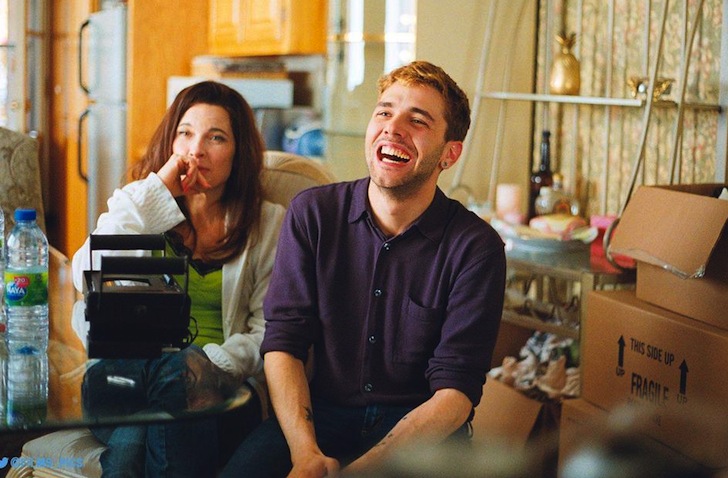By providing your information, you agree to our Terms of Use and our Privacy Policy. We use vendors that may also process your information to help provide our services. This site is protected by reCAPTCHA Enterprise and the Google Privacy Policy and Terms of Service apply.
‘Mommy’ Director Xavier Dolan Doesn’t Want You to Label His Films

Eric Eidelstein

Since winning the Jury Prize at Cannes this past year, you’d think Xavier Dolan would be happy to take a break. After all, the 25-year-old French-Canadian, whose latest endeavor “Mommy” is finally making its way stateside after garnering raves and becoming a box office success in Canada, has written and directed five films since turning 19; he’s starred in a couple as well. But, it looks like he has no plans to stop.
READ MORE: Cannes Review: Is Xavier Dolan’s ‘Mommy’ His Best Film?
“Mommy,” which opens in the U.S. on January 23, explores at the relationship between a struggling, widowed mother (Anne Dorval), her volatile son (Antoine-Olivier Pilon) and a neighbor (Suzanne Clément) who is eager to help. In honor of its release, Indiewire sat down with Dolan to not only discuss the film, but also his next project, the English-language “The Death and Life of John F. Donovan” (starring Kit Harrington, Jessica Chastain, Susan Sarandon and Kathy Bates), his creative process and what he finds so problematic about labels.
I’ve heard you speak about your age and how that puts you in a situation where you have to fight for credibility. And that’s an inevitable downside. But on the upside, do you think that because you are so young you are able to tackle issues that are so generation specific?



Indiewire has partnered with Time Warner Cable Movies On Demand for May’s Indie Film Month. Enjoy exceptionally creative and uniquely entertaining new Indie releases (“Still Alice,”“Lost River,” “Maggie,” Good Kill,” and more) all month long on Time Warner Cable Movies On Demand. Go HERE daily for movie reviews, interviews, and exclusive footage of the suggested TWC movie of the day and catch the best Indie titles on TWC Movies On Demand.
By providing your information, you agree to our Terms of Use and our Privacy Policy. We use vendors that may also process your information to help provide our services. This site is protected by reCAPTCHA Enterprise and the Google Privacy Policy and Terms of Service apply.

















